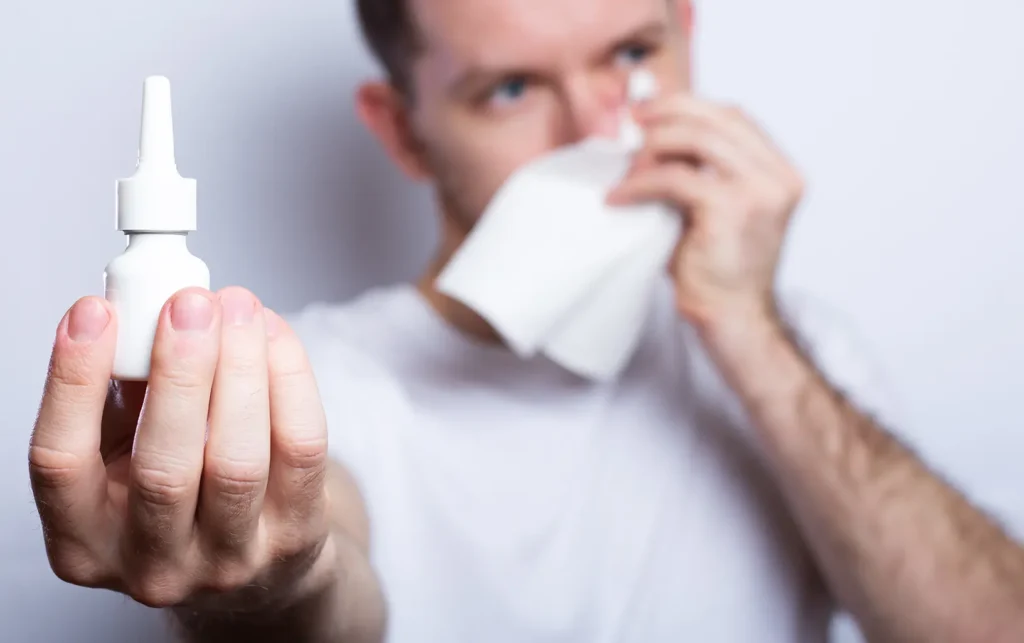
As spring blooms and fall leaves turn vibrant, seasonal allergies become a common concern for many people. While sneezing, itchy eyes, and congestion are well-known symptoms, few realize that allergies can also impact oral health. At Family Dental Group, we understand the importance of maintaining good oral hygiene throughout the year, especially during allergy season. In this article, we’ll explore the surprising ways seasonal allergies can affect your teeth and gums and offer tips on how to keep your oral health in check.
Do Allergies Affect Your Teeth?
The short answer is yes. Seasonal allergies can have a significant impact on your oral health. Here’s how:
Dry Mouth (Xerostomia)
- Cause: Allergies often lead to nasal congestion, forcing you to breathe through your mouth. Additionally, some antihistamines used to treat allergy symptoms can reduce saliva production.
- Impact: Saliva is crucial for washing away food particles and neutralizing acids produced by bacteria in your mouth. A lack of saliva can lead to dry mouth, increasing the risk of cavities, gum disease, and bad breath.
Tooth Pain and Sinus Pressure
- Cause: The maxillary sinuses, located just above your upper teeth, can become inflamed during an allergic reaction. This inflammation can put pressure on the roots of your upper teeth.
- Impact: This pressure can cause tooth pain, often mistaken for a dental issue. This pain can be particularly misleading as it may feel similar to a toothache or sensitivity.
Gum Swelling and Bleeding
- Cause: Allergies can cause inflammation throughout the body, including your gums. Pollen and other allergens can irritate the soft tissues in your mouth.
- Impact: This inflammation can lead to swollen, tender, and bleeding gums, making it harder to maintain good oral hygiene and potentially leading to gingivitis if not properly managed.
Mouth Breathing Consequences
- Cause: Chronic mouth breathing, often a result of nasal congestion, can change the natural pH balance in your mouth.
- Impact: This can increase the acidity in your mouth, eroding tooth enamel and making your teeth more susceptible to decay.
Allergic Reactions to Dental Products
- Cause: Some individuals may have allergic reactions to certain dental care products, such as toothpaste, mouthwash, or dental materials used in fillings and crowns.
- Impact: These reactions can cause oral discomfort, rashes, and other issues that may complicate routine dental care.

Tips for Maintaining Good Oral Habits During Allergy Season
Given these potential issues, it’s important to take extra care of your oral health during allergy season. Here are some tips to help you manage your symptoms and maintain a healthy mouth:
Stay Hydrated
- Drinking plenty of water can help alleviate dry mouth by keeping your mouth moist and aiding in the production of saliva. Avoid caffeinated and alcoholic beverages, which can exacerbate dry mouth.
Use a Humidifier
- Adding moisture to the air with a humidifier can help keep your nasal passages and mouth from drying out, especially while you sleep.
Maintain Good Oral Hygiene
- Brush your teeth at least twice a day and floss daily to remove plaque and food particles. Use fluoride toothpaste to strengthen your enamel and reduce the risk of cavities.
Choose the Right Medications
- Consult with your doctor or pharmacist to find allergy medications that are less likely to cause dry mouth. Some antihistamines are specifically formulated to minimize this side effect.
Rinse Your Sinuses
- Using a saline nasal rinse can help clear out allergens from your nasal passages, reducing congestion and the need for mouth breathing.
Chew Sugar-Free Gum
- Chewing gum stimulates saliva production, which can help combat dry mouth and neutralize acids in your mouth. Choose sugar-free options to avoid adding extra sugars that can harm your teeth.
Monitor Your Symptoms
- Keep track of any tooth pain or gum issues during allergy season. If you notice persistent discomfort, schedule an appointment with your dentist to rule out any underlying dental problems.
Avoid Known Allergens
- Stay indoors on high pollen days, keep windows closed, and use air purifiers to reduce your exposure to allergens. This can help minimize the overall impact of allergies on your health, including your oral health.
Use Dental Products for Sensitive Gums
- If you have sensitive gums due to allergies, consider using dental products designed for sensitive teeth and gums. Look for toothpaste and mouthwash that are free from alcohol and harsh chemicals.
Visit Your Dentist Regularly
- Regular dental check-ups are essential, especially during allergy season. Your dentist can provide professional cleanings and address any issues.

How to Relieve Allergy Symptoms and Protect Your Oral Health
In addition to maintaining good oral hygiene, it’s important to manage your allergy symptoms effectively to protect your oral health. Here are some strategies to help relieve allergy symptoms:
Over-the-Counter Medications
- Antihistamines and decongestants can help alleviate allergy symptoms. However, choose medications that have minimal impact on saliva production.
Allergy Shots (Immunotherapy)
- For severe allergies, immunotherapy may be an option. This treatment gradually desensitizes your immune system to specific allergens, reducing your overall symptoms.
Nasal Sprays
- Nasal corticosteroids can reduce inflammation in your nasal passages, helping to ease congestion and improve breathing. This can reduce the need for mouth breathing and its associated oral health issues.
Herbal Remedies
- Natural remedies such as quercetin, butterbur, and stinging nettle may help reduce allergy symptoms. Consult with your healthcare provider before starting any new supplements.
Avoid Irritants
- In addition to pollen, other irritants like smoke, strong perfumes, and pollutants can worsen allergy symptoms. Avoiding these triggers can help reduce your symptoms.
Keep Your Home Clean
- Regularly clean and dust your home to reduce indoor allergens. Wash bedding frequently and consider using hypoallergenic covers for pillows and mattresses.
Conclusion
Seasonal allergies can have a surprising impact on your oral health, from dry mouth and tooth pain to gum inflammation and mouth breathing consequences. Understanding how allergies affect your teeth and gums is the first step in protecting your oral health during allergy season.
By maintaining good oral hygiene, staying hydrated, choosing the right medications, and managing your allergy symptoms effectively, you can minimize the impact of allergies on your mouth. At Family Dental Group, we encourage you to schedule regular dental check-ups, especially during allergy season, to ensure your oral health remains in top condition.
If you have any concerns about how your allergies are affecting your teeth or gums, don’t hesitate to contact us. Our team is here to provide personalized care and help you maintain a healthy, beautiful smile year-round. Remember, taking proactive steps to manage your allergies can significantly benefit your overall well-being, including your oral health.

